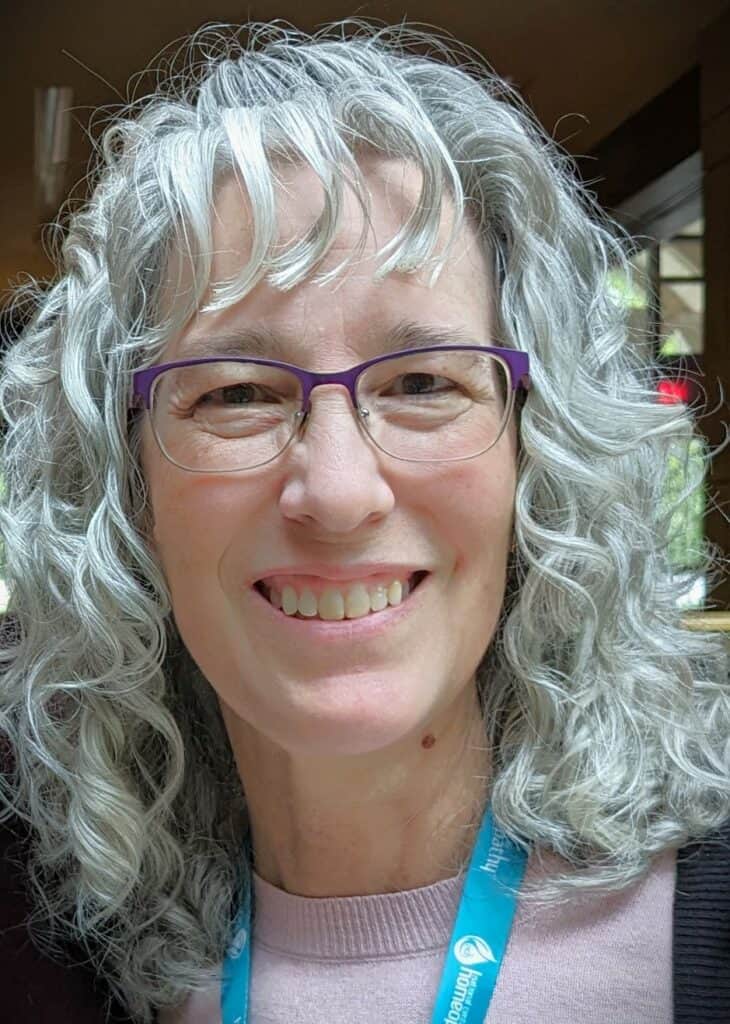
What’s Love Got to Do with It? You may recognize these lyrics from Tina Turner’s song which was released in 1984 and became her best-selling single. She goes on to sing, “Who needs a heart when a heart can be broken?” And what does homeopathy have to do with that? As homeopaths are apt to say, “There’s a remedy for that!”
In the repertory, the rubric, Ailments from love, disappointed, lists many homeopathic remedies that can aid a broken heart, when a romantic relationship has ended. Those that are particularly known for this are: Ignatia, Natrum muriaticum, Aurum metallicum, Phosphoric acid, and Staphysagria.
- Ignatia is idealistic and emotionally oversensitive. Grief is expressed with sighing or yawning, stifled weeping that erupts into sobbing, defensiveness, rudeness, jealousy, and a sensation of a lump in the throat. There is a desire to get away from it all by traveling. There may be spasms, tics, twitching, even convulsions.
- Nat mur is closed, responsible, refined, and highly sensitive to rejection and criticism. Hurt feelings are hidden and grief is unresolved. Instead, hurts, disappointments, and loss continue to churn, hidden behind a psychological wall that keeps others at a distance. There is a desire to be left alone to weep, or tears do not flow despite an underlying sadness. There is an aversion to consolation. Physical symptoms include back pain, headaches, hay fever, asthma in the evening, and insomnia due to hurt and sadness from both current and past events.
- Aurum met is ambitious, intense, overly serious and highly accomplished. There is deep clinical depression to the point of suicidal ideation and impulses. Grief is devastating, especially when there has been a failure, including a failed romantic relationship. There can be angry outbursts and irritability, drug addictions, and alcohol abuse. Despite a deep love of music and a practice of prayer or meditation, the thought of suicide brings temporary relief. Physical symptoms include bone pains that are worse at night, severe sinusitis, and headaches at the inner angle of the right eye.
- Phosphoric acid is completely overwhelmed by grief and loss. There is physical collapse and mental weakness, indifference, and apathy. Juicy fruits and refreshing juices are desired, and there is a desire to sleep. Physical symptoms include sudden graying of the hair or hair loss, impotence, and diarrhea.
- Staphysagria is sweet, gentle, and suppressed. Although there is anger from abuse and humiliation, it is rarely expressed. When it is demonstrated, the angry outburst is often accompanied by a tendency to throw things. This is followed by feelings of guilt and shame. Because intense feelings are deeply suppressed, there is excessive sexual excitement that is expressed through masturbation. Physical symptoms include styes and cystitis, psoriasis, and trembling from strong emotions.
Sadly, Tina Turner experienced turmoil and abuse in her romantic relationships. In her autobiography, Tina Turner wrote: “Life in the fast lane wore me down, changes in my diet and homeopathy saved me. Thanks to my Homeopathic physician for bringing me back to health and always being available for me.” Although she suffered from chronic high blood pressure and kidney issues, Tina lived to be 83 years old. Homeopathy had something to do with that.
Four years before her death, she wrote in her book, Happiness Becomes You, “I have always seen great value in practicing kindness. Although I had no money to buy gifts as a child, I gave my friends the gift of song to cheer them up.” Kindness is an act of love. A compassionate homeopath also practices kindness and gives the gift of homeopathy to those who are suffering physically, mentally, and emotionally.
Homeopathy. What’s love got to do with it? Everything.


